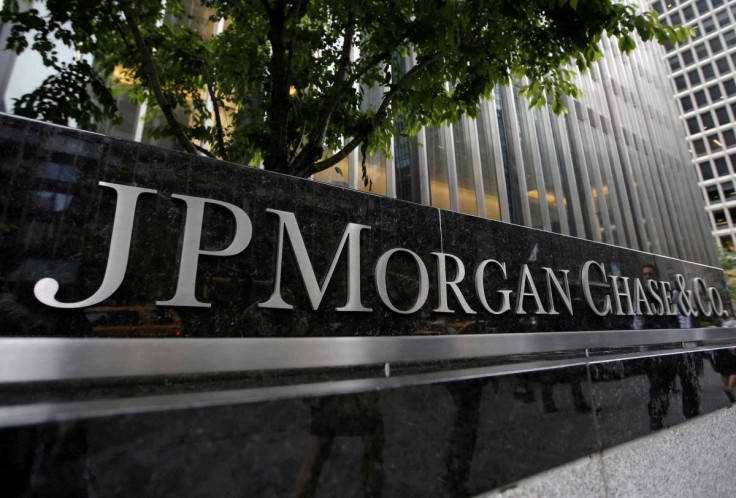Ex-JPMorgan Traders' Racketeering Trial Draws To Close

Three former JPMorgan Chase & Co employees began delivering their final defense against conspiracy and racketeering charges on Thursday, with an attorney telling jurors that ex-traders who cooperated in the case should not be trusted.
The bank's former global precious metals desk head Michael Nowak, precious metals trader Gregg Smith and salesperson Jeffrey Ruffo are accused of conspiring to defraud market participants via a manipulative trading tactic known as spoofing.
Their trial, which began July 8, is part of the U.S. Justice Department's broader crackdown on spoofing: placing and then quickly canceling buy or sell orders to create the illusion of demand or supply.
The three men are accused of a scheme to use the tactic to manipulate futures on metals such as gold, silver, platinum and palladium between 2008 and 2016.
Former JPMorgan metals traders Christian Trunz and John Edmonds were key witnesses at trial. Both pleaded guilty to related charges and cooperated against their former colleagues.
Prosecutor Matthew Sullivan said during closing arguments on Thursday that Nowak and Smith taught the pair to spoof as part of a yearslong scheme.
"The defendants had power and influence, and together they abused their positions and rigged the precious metals markets for their own gain," he said.
Smith's attorney Matthew Menchel said during closing arguments on Thursday that Edmonds admitted various lies on the stand, and that Trunz went along with prosecutors' version of the facts to receive leniency.
Attorneys for Nowak and Ruffo are expected to deliver closing arguments on Friday.
In addition to racketeering and conspiracy, Nowak faces 13 other charges including fraud, spoofing and attempted market manipulation, and Smith faces 11 additional charges.
All three defendants have pleaded not guilty. Attorneys for Nowak and Smith argued their orders were not fraudulent. Ruffo was not a trader, and there is no evidence that he understood others were using illicit tactics, his attorney said during opening arguments.
Christopher Jordan, a trader who left JPMorgan in 2009, has also been charged and will be tried separately.
Commodities manipulation and in particular spoofing have become a major focus of the Justice Department, which has brought several other cases in recent years, including against NatWest and former traders at Deutsche Bank and UBS.
JPMorgan also agreed in 2020 to pay more than $920 million and admitted to wrongdoing to settle with the DOJ and Commodity Futures Trading Commission over the conduct of the traders who have been charged.
© Copyright Thomson Reuters 2024. All rights reserved.











